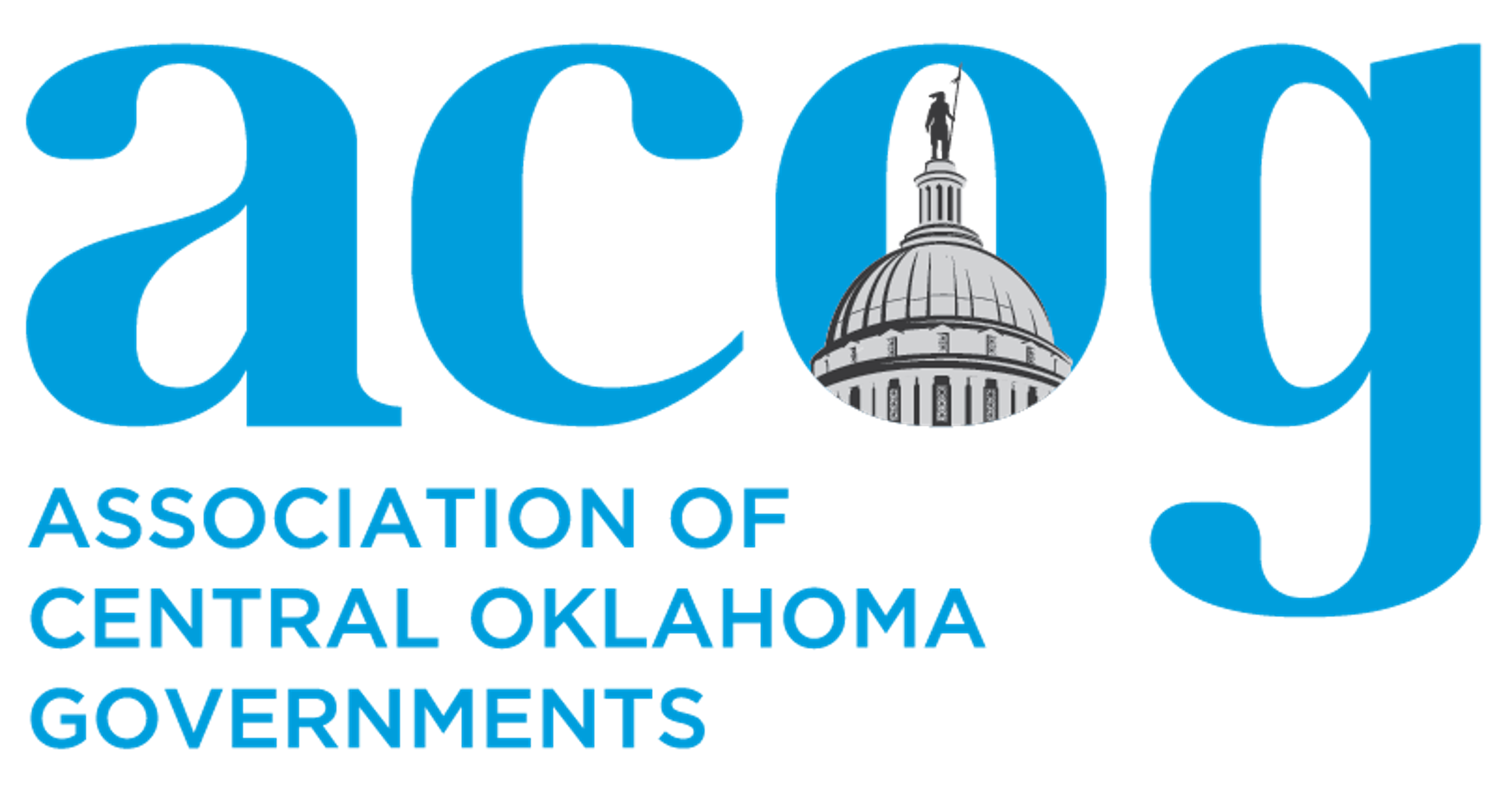When Should I Call 9-1-1?
9-1-1 is reserved for emergency situations only. Callers should use sound judgment when trying to determine the difference between an “emergency” and a “non-emergency”. An emergency is a police, fire or medical situation where seconds can make a difference in saving a life or property. A person should never call 9-1-1 to ask for directions, to report a lost pet or complain about a noisy neighbor. People who call 9-1-1 as a joke or a nuisance can be subject to fines and legal action.
Can I call 9-1-1 on my wireless phone?
Of course. In fact, Central Oklahoma’s 9-1-1 system is continually evolving to keep up with technology by providing better location information from calls coming from cell phones. In most cases, calls from wireless phones come into the region’s 9-1-1 call centers with a latitude and longitude, which plots the location of the caller on an aerial photograph/map. This information can make the difference in a critical situation, particularly when the caller cannot articulate his or her location for whatever reason (medical inability to speak, unaware of location, hostage situations, etc.). Technologies are not the same everywhere, so it is important to be aware of your surroundings and be prepared to tell a 9-1-1 call-taker where you are calling from, even if you can only identify landmarks or street names.
Can I send a text message to 9-1-1?
Currently, the 9-1-1 system in Central Oklahoma is based on traditional telephone technology that does not allow receipt of text messages, but there are efforts nationally to develop protocols for Next Generation 9-1-1 systems that will be able to receive texts, video, and other forms of media.
Can people who are deaf use a text phone to call 9-1-1?
Yes. 9-1-1 is accessible through text telephones (also known as TTYs and TDDs) for people who are deaf, hard of hearing or have a speech disability.
Does a person need to speak English when calling 9-1-1?
No. 9-1-1 is available in many languages. Most communities in the Central Oklahoma 9-1-1 system subscribe to a language translation service that uses a network of interpreters. When a call-taker learns that a caller can’t speak English, the call is relayed so an interpreter can provide communication between the caller and the call-taker.
What are some of the things that I should I know before I call 9-1-1?
In order to dispatch proper services in an emergency situation, the call-taker may ask several questions. The caller must be ready to respond. Call-takers are trained to verify your address and telephone number to ensure that the 9-1-1 information is correct. When calling 9-1-1, always make sure that you are out of danger. If your house is on fire, call 9-1-1 from a neighbor’s phone or use your cell phone after leaving the building. Stay calm and talk clearly to describe the situation. Stay on the line until the call-taker tells you to hang up the phone.
Will 9-1-1 work on deactivated cell phones?
Yes. The Federal Communications Commission (FCC) has ruled that all cell phones, even those that do not have an active subscription plan, can call 9-1-1. Because of this, it is very important that parents make sure that their children are not given retired cell phones as toys, because they can accidently call 9-1-1, creating unnecessary use of resources used to determine the situation and respond to the false emergency.
I just signed up with a new phone company. Can I still call 9-1-1?
Yes, but you may want to check with your new company to make sure that they have all of your correct information in the 9-1-1 database. Phone companies provide that information to the 9-1-1 database, which allows dispatchers to know where you live. Call your phone company to verify your records.
My mother has mobility limitations and may need special help in an emergency. How can I provide this information to 9-1-1 before an emergency occurs?
Call the non-emergency phone number for police, fire or ambulance services in your community and tell the operator that you have special information about your household. They may be able to add the information to their computer records for future reference if it is ever needed. If this information changes, please notify your local community.
